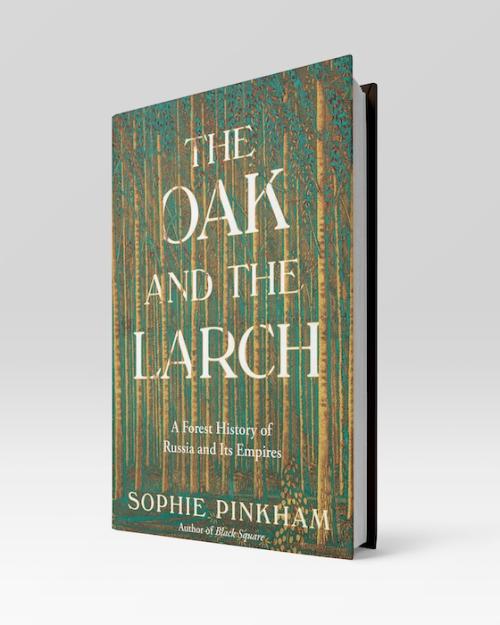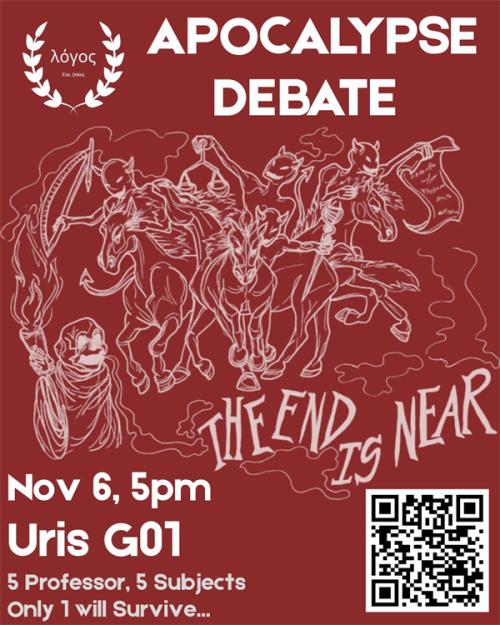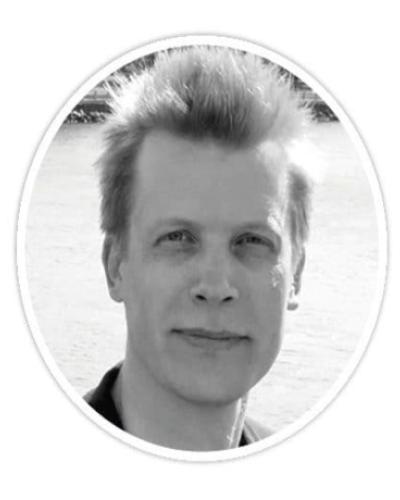Martin Hägglund, who received his Ph.D. in from Cornell in 2011, is proud to annouce publication of his new book, This Life: Secular Faith and Spiritual Freedom. This Life, which has been widely reviewed (The Boston Globe called it “a new philosophy for our time,” and The New Statesman, “Powerful… lucidly written…deeply radical”) argues that religion and capitalism both devalue the finite time of our lives, which is the source of meaning and value and calls not just for a reorientation of our thinking but also of economic arrangements so that the value of time can be respected. As James Wood writes in The New Yorker: “His fundamental secular cry seems right: since time is all we have, we must measure its preciousness in units of freedom. Nothing else will do. Once this glorious idea has taken hold, it is very hard to dislodge. Hägglund offers a fulfillment of what Marx meant by ‘irreligious criticism,’ a criticism aimed at both religion and capitalism, because both forms of life obscure what is really going on: that, as Hägglund puts it, ‘our own lives—our only lives—are taken away from us when our time is taken from us.’” (May 20, 2019). This Life, published in March, 2019, has already been the subject of conferences at Harvard, Yale, and NYU.
Martin Hägglund, who was born in Sweden and came to the US on a Fulbright Fellowship, took MA in at SUNY-Buffalo before coming to Cornell. While still a graduate student here, he published Radical Atheism: Derrida and the Time of Life, a major reassessesment the entire trajectory of the work of the French philosopher Jacques Derrida, arguing against claims that it has been marked by an ethical or religious turn and showing that from the outset Derrida's concern with temporality goes along with a valuing of survival, the mortal, and the temporal, and a rejection of the desire for immortality and transcendence that structures so much thought. The finitude of survival creates the possibility of everything that is desired and the threat of everything that is feared. Taking on the most eminent interpreters of Derrida in extraordinarily effective argument, his book challenges the way in which Derrida's work has been appropriated and opens up Derrida’s thinking to some of those who have dismissed it, particularly philosophers of more analytical bent. It has been the subject of colloquia at major universities and of special issue of The New Centennial Review (9.1 2009): “Living On: Of Martin Hägglund.”
His Cornell Ph.D. dissertation on time in Proust, Nabokov, and Woolf, Dying for Time, was published by Harvard University Press and has also been well received and widely discussed.
After a fellowship at Harvard’s Society of Fellows from 2009-12, Martin Hägglund was appointed directly to a tenured position at Yale, and since 2014 has been Chair of the Department of . He lectures widely throughout the world, was awarded the The Schück Prize by the Swedish Academy in 2014, and received a Guggenheim Fellowship in 2018. Further information about Martin Hägglund’s writing and research can be found by visiting: https://martinhagglund.se





